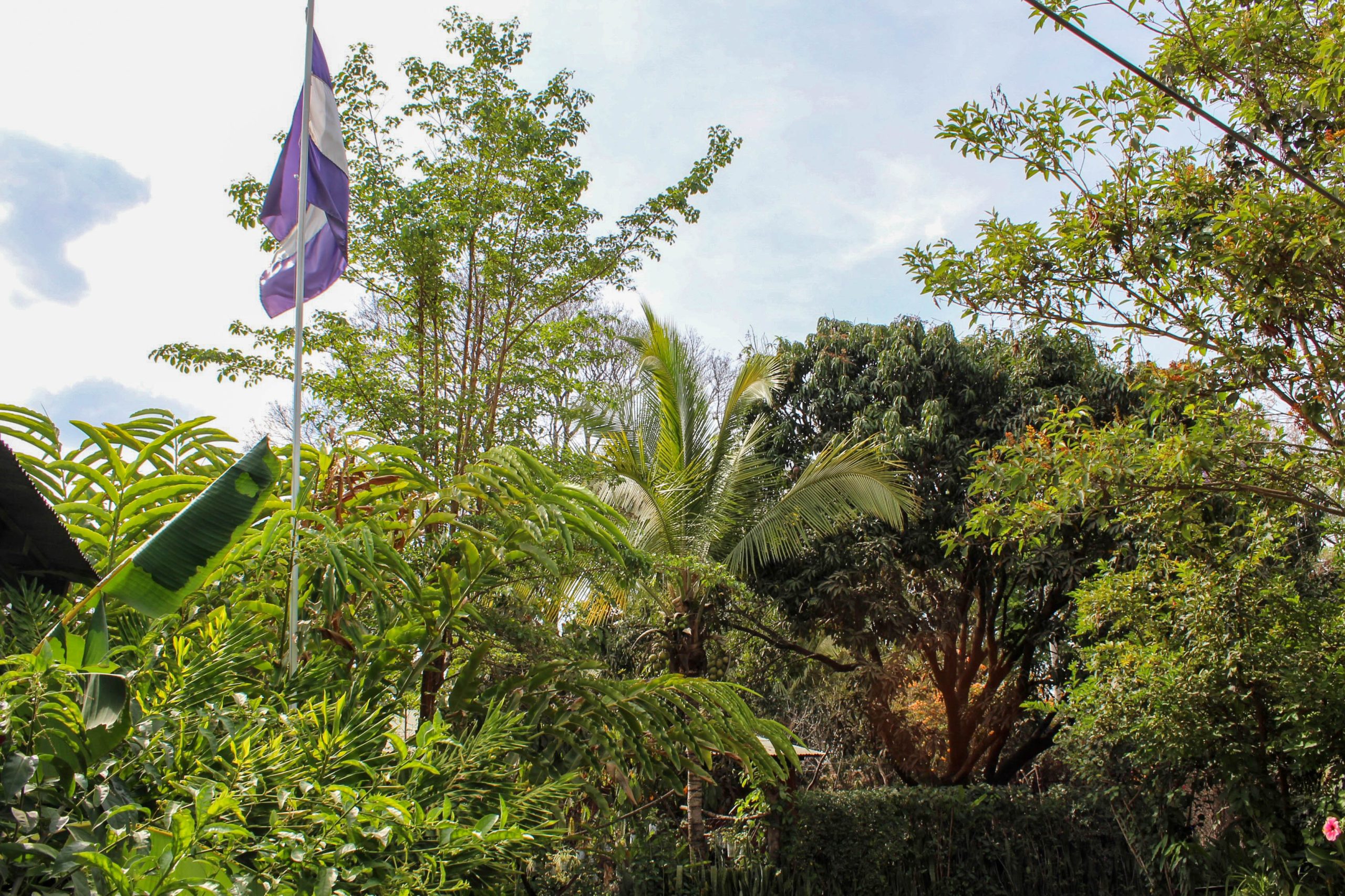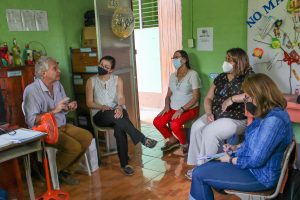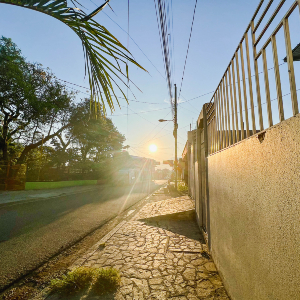Thursday, June 09, 2022

People migrating from South and Central America to the United States face a harrowing journey, braving some of the world’s most inhospitable environments by foot, often exposed to violence along the way. Those who make it to Mexico and the U.S. border are then faced with further trauma in camps and detention centers that are overburdened and under-resourced. Many of these migrants come to the United States seeking a better life for their families, often leaving family members as they make the costly trek north. Although less documented in the news, these family members suffer their own trauma from separation, often left behind in difficult circumstances. CISWH is providing essential trauma and mental health care services not only to migrants at the U.S. Mexico Border, but to family members waiting in Nicaragua as well.
The role CISWH plays

Family separation has been on the rise in Nicaragua, especially after the COVID-19 pandemic hit the Central American country hard, shuttering tobacco factories and other key industries leading to lay-offs for thousands of workers. Over 100,000 people have migrated from Nicaragua to neighboring Costa Rica and beyond since 2020. CISWH is working with the Superemos Foundation, a Nicaraguan non-profit providing community development through education, training, a comprehensive domestic violence program and related health and social work programs, to provide separated families with education and mental health support.
Professor Luz López, CISWH Global Health Core director; Ellie Zambrano, CISWH executive director; and Winnie Chen, administrative coordinator, were joined by two MSW students, Madelyn Fermin and Lauren Glaser, for a trip to Nicaragua in April 2022 where they participated in a cultural exchange and interprofessional partnership with the Superemos Foundation and the National Autonomous University of Nicaragua (UNAN-FAREM) in Estelí. Superemos Foundation collaborators included program co-founder Stephen Sefton, social worker, Sindy Alvarado, psychologist Karen Villareyna and lawyer, Maria Felix Castillo.
The CISWH and Superemos teams conducted interactive seminars on trauma care, violence prevention, and the psycho-social impact of migrant families’ separations for nurses, physicians, lawyers, and community health workers based in the communities of San Nicolas and surrounding rural areas. They also presented seminars for social work, psychology, and medical students at UNAM-FAREM. The Superemos Program works in collaboration with the Nicaragua Ministry of Health (MINSA) and the Ministry of Families. This cultural immersion experience serves to deepen BU social work students’ knowledge, clinical practice, and the cultural adaptations needed to work with migrants in both Central America and the United States.
“We as social workers have a key role in working with migrant families in their country of origin or at the Mexico/U.S.border. I feel so grateful to contribute as part of CISWH during this critical time,” Prof. López says.
 Part of this work focuses heavily on care for women currently experiencing or surviving domestic abuse. Domestic violence is endemic in Nicaragua, and many women flee the country, with or without their children, to escape it. Working with Superemos, Prof. López and the CISWH team are training local nurses and physicians in preventive measures against domestic abuse. They’re also ensuring that practitioners have the tools they need to identify existing cases of abuse. These doctors and nurses can then connect women and their children with services from the Superemos Foundation and the Ministry of Family, offering protection and connecting women with family members who can keep them safe. This community-centered approach keeps women and their children together, while building strong preventive measures in rural areas in Nicaragua.
Part of this work focuses heavily on care for women currently experiencing or surviving domestic abuse. Domestic violence is endemic in Nicaragua, and many women flee the country, with or without their children, to escape it. Working with Superemos, Prof. López and the CISWH team are training local nurses and physicians in preventive measures against domestic abuse. They’re also ensuring that practitioners have the tools they need to identify existing cases of abuse. These doctors and nurses can then connect women and their children with services from the Superemos Foundation and the Ministry of Family, offering protection and connecting women with family members who can keep them safe. This community-centered approach keeps women and their children together, while building strong preventive measures in rural areas in Nicaragua.
“We learn from the families as well – about their resilience. It was a two-way participatory process which was very, very helpful,” Prof. López says.
What’s next
As the federal Title 42 order is extended in the United States, families will remain separated and migrants will continue to be stalled in poor conditions at the U.S. and Mexico border. CISWH offers ongoing support to migrants and their families and continues to provide resources to ensure that nurses and doctors in rural areas can travel to Nicaragua’s capital, Estelí, to receive essential training. CISWH will also continue to train social work and psychology students in Nicaragua via Zoom. Prof. López plans to work with families directly, too, offering virtual consultations and social work support to families experiencing separation.
In the meantime, Prof. López highlights that there is much work to be done stateside as well. She wants to raise awareness about the families traveling to the border in hopes of improving their families’ circumstances. “People need to know these are hardworking families,” Prof. López says. “They don’t want to leave their kids behind. They very much care for their children and want to provide them with economic and educational opportunities.”